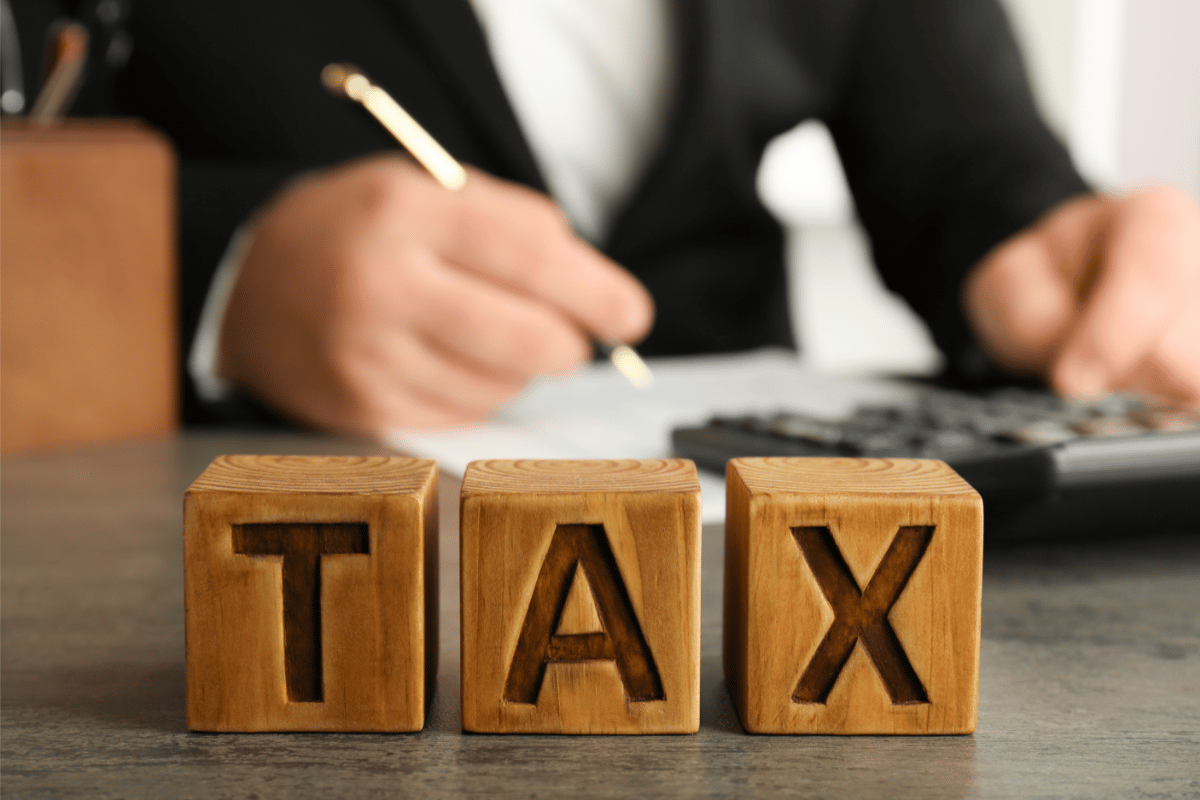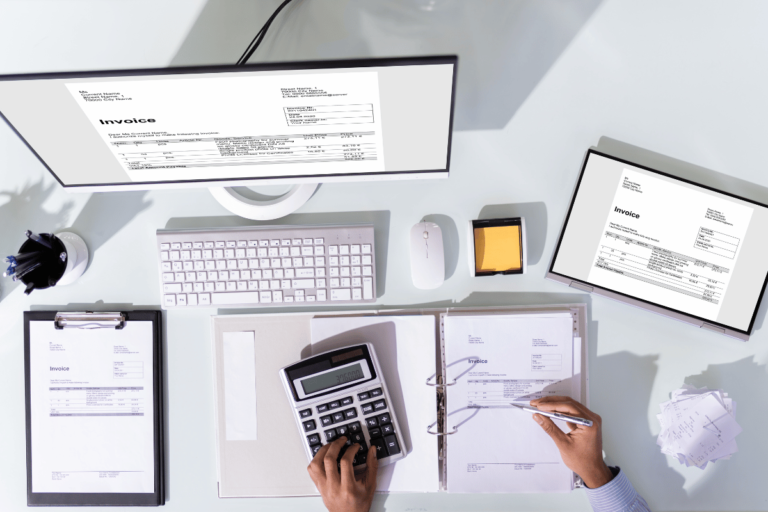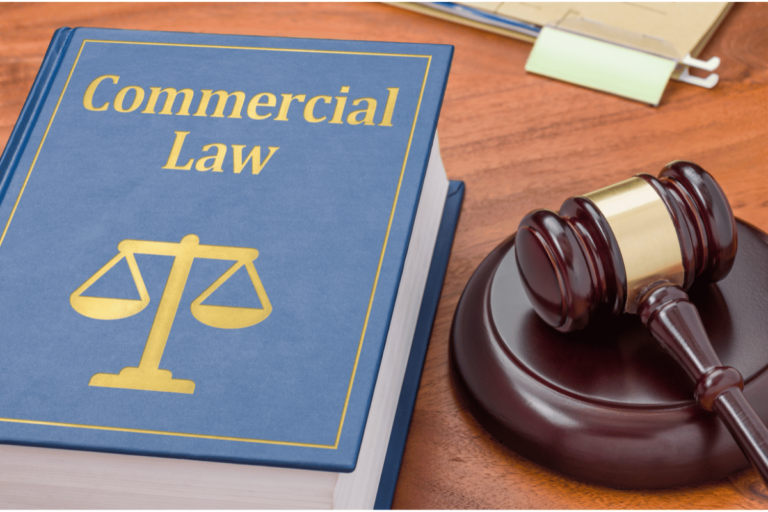The Importance of Understanding Your Business Tax Obligations
Being a small business owner is no walk in the park. You’ve got to put in a lot of hours to build the business. You’ve got to find clients and customers and serve them well to generate repeat business and encourage referrals. You’ve got to pay your employees and suppliers, fulfil your tax obligations and still come out of it all with a profit.
As a small business owner, you’ll have to pay several different taxes, so it’s important to understand these obligations and how to meet them. Otherwise, you can incur penalties from the Internal Revenue Service (IRS), which is bad for business, of course.
The taxes you’ll have to pay
There are six main taxes you’ll have to pay as a business owner:
- Income tax: A pay-as-you-earn tax, and you’ll have to file an annual return. Depending on the structure of your business, obligations will vary.
- Estimated tax: A tax on income, made by paying regular estimated taxes during the year.
- Self-employment tax: A tax on individuals who work for themselves
- Employment taxes: Taxes and tax responsibilities employers must pay and fulfil as employers.
- Excise tax: A tax you must pay if you manufacture certain goods, run certain types of businesses or provide specific types of services
- Sales tax: In most states, counties and cities, you’ll have to collect sales tax on taxable goods or services. The rate and deadlines for filing them will vary from place to place.
Doing and managing your taxes
Doing and managing your taxes is complicated, but there are some basics you can follow to make life much easier.
Collect and organize your records
Collect and store your records effectively to file your tax returns more easily. Store records for income, expenses, payroll and any assets you’ve purchased as the year progresses.
Keep separate personal and business accounts
Keeping your personal account and business one separate makes it easier to track your expenses. It will also help you to keep your taxes down because if you’re paying for something for your business from a personal account, you’ll likely forget some expenses and pay more tax.
Understand and choose what you can deduct
As a small business, you can deduct a host of things that help you operate your business, such as home office expenses, vehicle and travel ones, professional services, insurance, education and training, marketing, rent and utilities and more. This reduces the amount eligible for tax.
Note how important it is to make use of the resources you have already. Your accounting software is likely to include some tax form resources, sparing you from having to buy them at an office supplies store.
Track sales tax
Sales tax is hard to keep on top of. Often, it’s beneficial to invest in software that helps you to track it. Keep detailed records of customers and transactions, track the states and localities where you have customers, and reconcile your books regularly. All this will enable you to spot any errors early and amend them to pay the right amount of taxes.
Know the deadlines
If you don’t get your returns in on time, the IRS will hit you with a fine, so it’s essential to know the tax schedule. Make sure you’re aware of the requirements of different states and localities, too, for filing them.
Budget for taxes throughout the year
Setting aside money each month will help you to make your estimated taxes payments each quarter. If you’re just starting your business and your income is sporadic or varies depending on the season, this practice is especially helpful. Keeping them in a separate account will ensure you don’t allocate the money to other things for your business.
As a business owner, you’ll have to fulfil various tax obligations. Despite their complexity, understanding your obligations and then organizing yourself well will make meeting them much easier.







